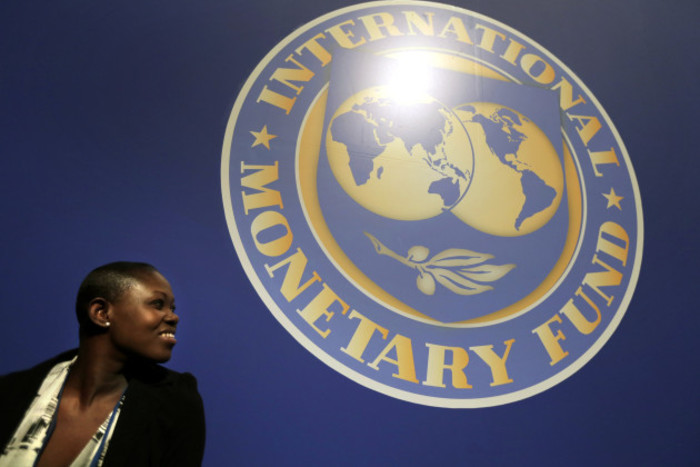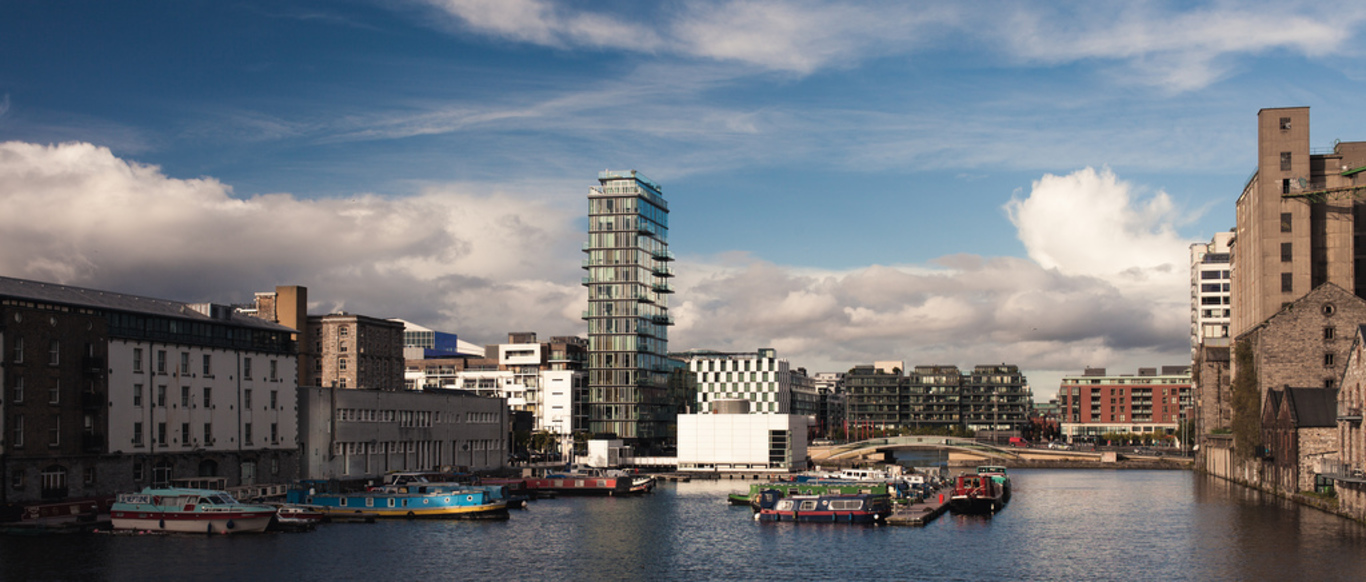The IMF thinks more taxes on Irish property could prevent another recession
It warned high commercial property prices risk a return to a “boom-bust” cycle.
MORE TAXES ON property could be a way to discourage speculative investing and ensure that Ireland does not return to a “boom-bust” cycle.
That is according to the International Monetary Fund (IMF), which today published a series of reports evaluating the state of Ireland’s economy.
One of the papers, which examined a series of ‘selected issues’, noted that the Irish financial crisis was “exacerbated by a buildup of debt tied to investments in commercial property, a collapse of property valuations, and a sharp rise in non-performing loans”.
It said that the commercial property market is now “bouncing back rapidly” from previous lows. It said that this suggested a “potential risk of return to a boom-bust (cycle) with spillovers to the banking system”.
New properties coming onto the market after large portfolio sales by Nama “could present lucrative lending opportunities for the banks in an effort to boost fees and earnings”, the report said.
Open to shocks
The study said that banks could increase their exposure to commercial property as valuations are on the up, and may then leave themselves open to any shocks.
The report also said that further rises in the value of commercial property values could embolden banks and result in them taking riskier actions.
“In the lead up to the Ireland financial crisis, banks played a crucial role in the financing of CRE (commercial real estate),” it said.
 A woman sits in front of an International Monetary Fund logo
A woman sits in front of an International Monetary Fund logo
“While new bank lending to the CRE sector plays a lesser role nowadays than during the pre-crisis years, and CRE financing relies mostly on equity, an excessive CRE price increase could still pose a risk to the Irish banking sector.”
The IMF report proposed a range of measures to deal with the potential issue, one of which was to raise taxes.
“Taxes are a potential tool for authorities to discourage speculative investment in domestic property markets,” it said.
“Property taxes, either based on market value or annual rental value, and cyclical transactions taxes, such as capital gains taxes and registration fees, could help dampen the boom phase of a real estate cycle as well as discourage speculative activity.”
Growth forecast cut
The Washington-based organisation also cut its forecast for Ireland’s GDP growth amid fears of the possible impact that Brexit could have.
Whereas it previously expected the Irish economy to grow by 3.6% during 2017, it is now predicting an expansion of 3.2%. It also marginally lowered its growth forecast for this year, from 5% to 4.9%.
As well as commercial property risks the organisation also highlighted issues related to highly indebted households and smaller domestic firms, and the likely negative effects on the Irish financial system of the Brexit vote.
However, it added that authorities have been “effective and vigorous” in strengthening regulation and supervision, and praised the Central Bank’s new mortgage lending rules which require homebuyers to pay a deposit of 20%.






